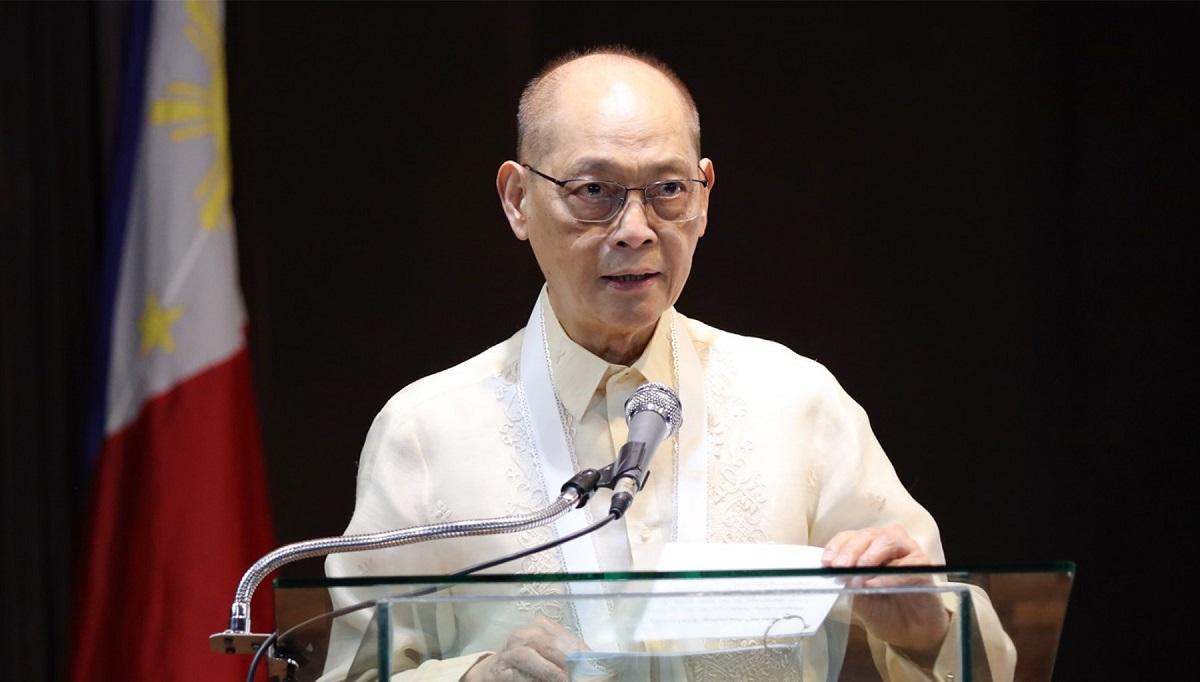Despite slower Q2 growth, Diokno says 6% full-year growth goal achievable

The Marcos administration’s chief economic manager, Finance Secretary Benjamin Diokno has expressed confidence that the government’s full-year economic growth target remains attainable despite the slowdown seen in the second quarter.
“The Philippine economy has to grow by 6.6% in the second half of the year to achieve the lower end of the 6% to 7 % growth target for 2023,” Diokno told the Finance press corps in a Viber message.
“While there are formidable external challenges, the prospect for achieving this lofty goal is largely in the hands of the current administration,” the Finance chief said.
The Philippines’ gross domestic product (GDP) grew at its slowest pace in nine quarters at 4.3% during the April to June period, lower than the 6.4% rate seen in the first three months of the year as consumption—a main economic driver—was tempered by elevated inflation and the consequent high interest rates.
Contraction in government spending was also blamed for the slower growth in the second quarter.
In particular, Government Final Consumption Expenditure (GFCE) shrank by 7.1% during the period “in the absence of election-related spending in the first half of the year.”
Relatedly, the government missed its P2.58-trillion spending program in the first semester of 2023 by 6.6%, with actual expenditures amounting to P2.411 trillion, data from the Bureau of the Treasury showed.
To offset the underspending seen in the first half, Diokno said the government is preparing a spending catch up plan.
“An aggressive catch-up plan for infrastructure projects (roads, bridges, airports, seaports, power, water, irrigation, telecommunications facilities, digitalization, school buildings, housing and others), quicker response by GOCCs, and strong and deliberate spending by resource-surplus local governments are essential parts of the solution to the relatively weak second quarter growth performance of the Philippine economy,” the Finance chief said.
Similarly, National Economic and Development Authority (NEDA) Secretary Arsenio Balisacan said the government “will accelerate the execution of government programs and projects, including the delivery of public services, under the 2023 national budget.”
“Indeed, the Economic Development Group (EDG) has already been discussing how various government agencies can expedite the implementation of programs and projects for the rest of the year,” Balisacan said.
Consumption-driven
President Ferdinand Marcos Jr.’s chief economic manager brushed aside the anticipated slowing down of the global economy on the country’s economic growth as “the Philippines is not as export-dependent as some of its ASEAN neighbors.”
“Its growth is consumption-based, that is why it is less susceptible to the weaker exports demand owing to the slowing global economy, which is partly due to the aggressive monetary tightening, supply bottlenecks and rising commodity prices resulting from the ongoing Russian invasion of Ukraine,” Diokno said.
“The more dependent the country is on exports, the slower the economic expansion. This is mainly due to a slowing global economy,” he said. — BM, GMA Integrated News




